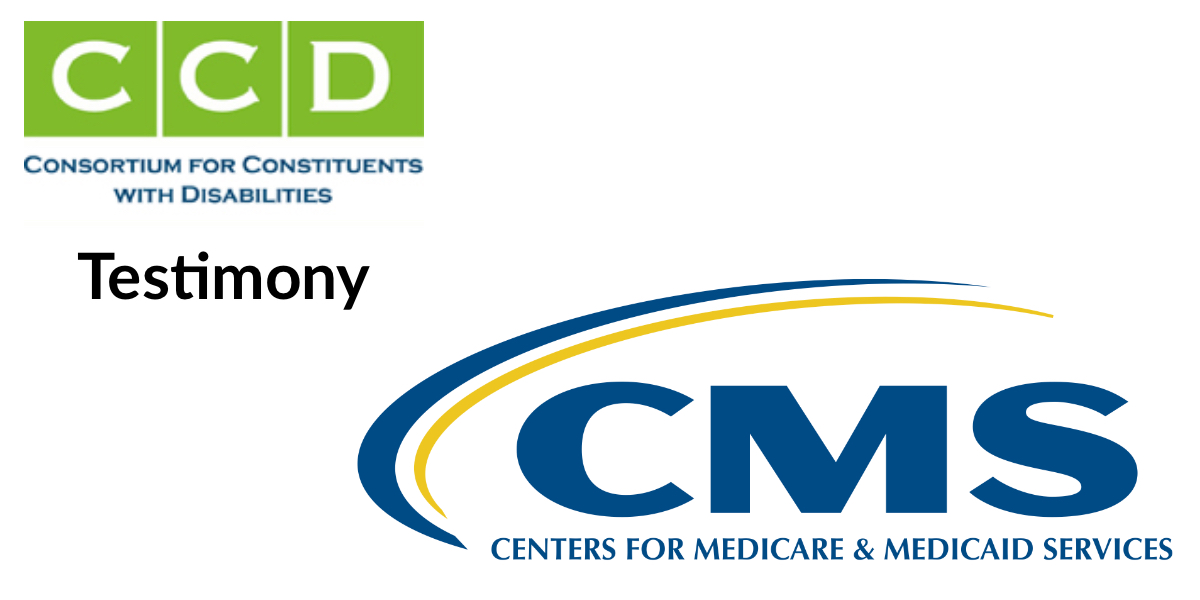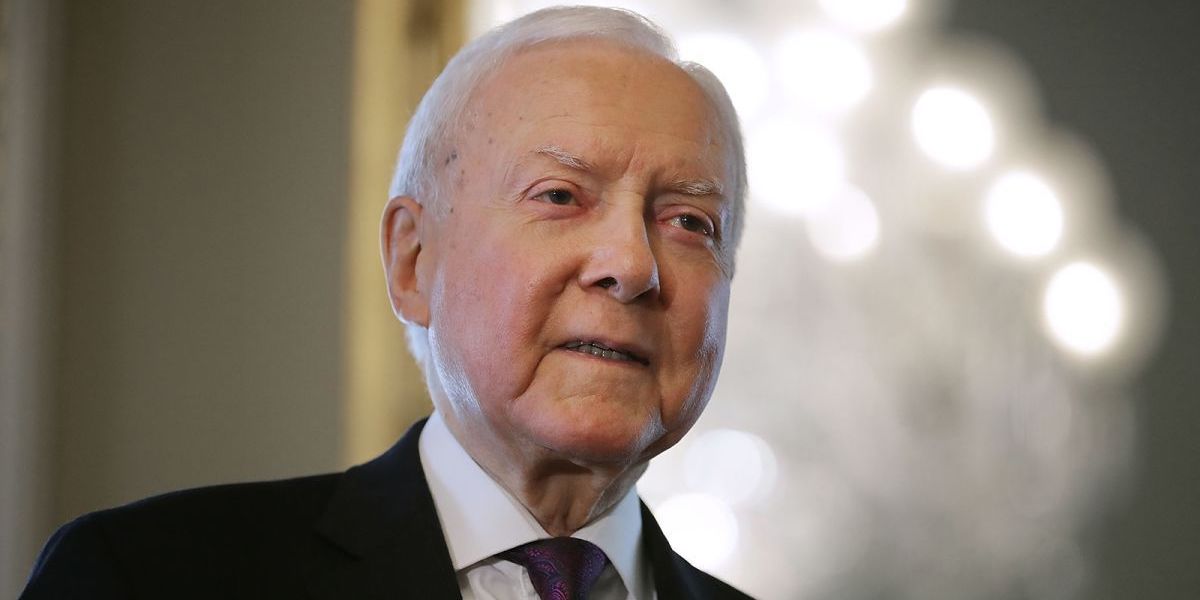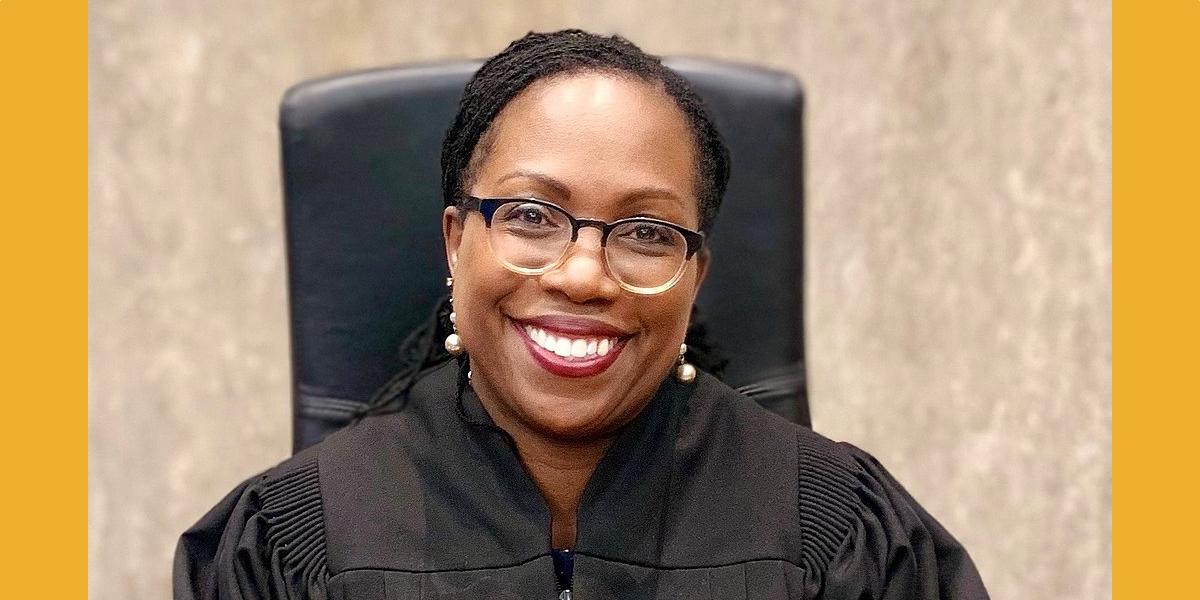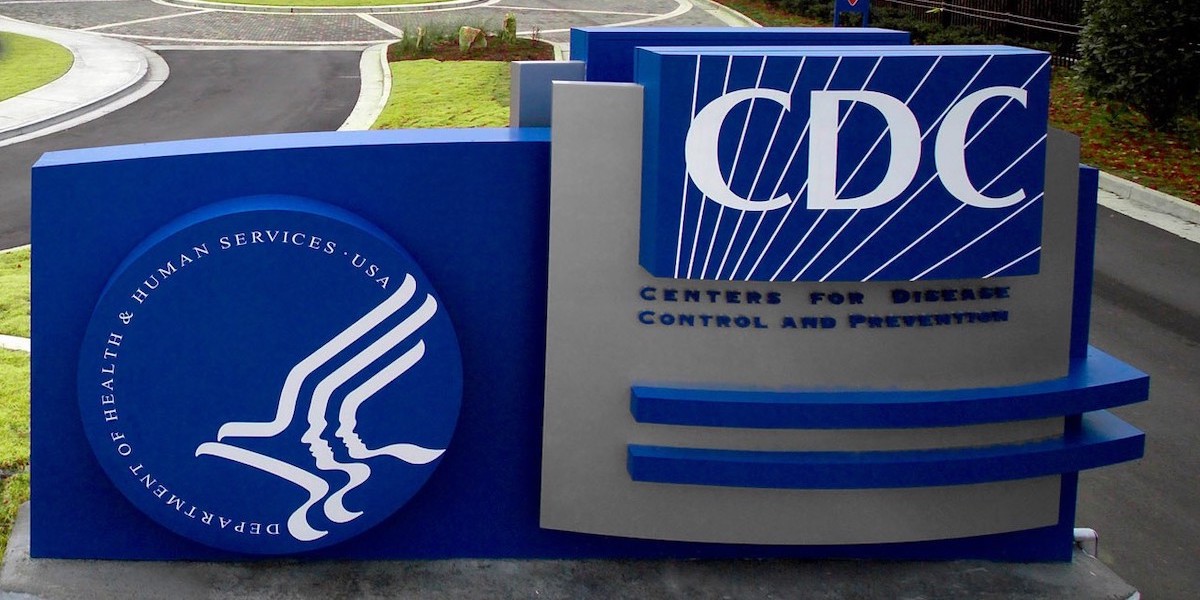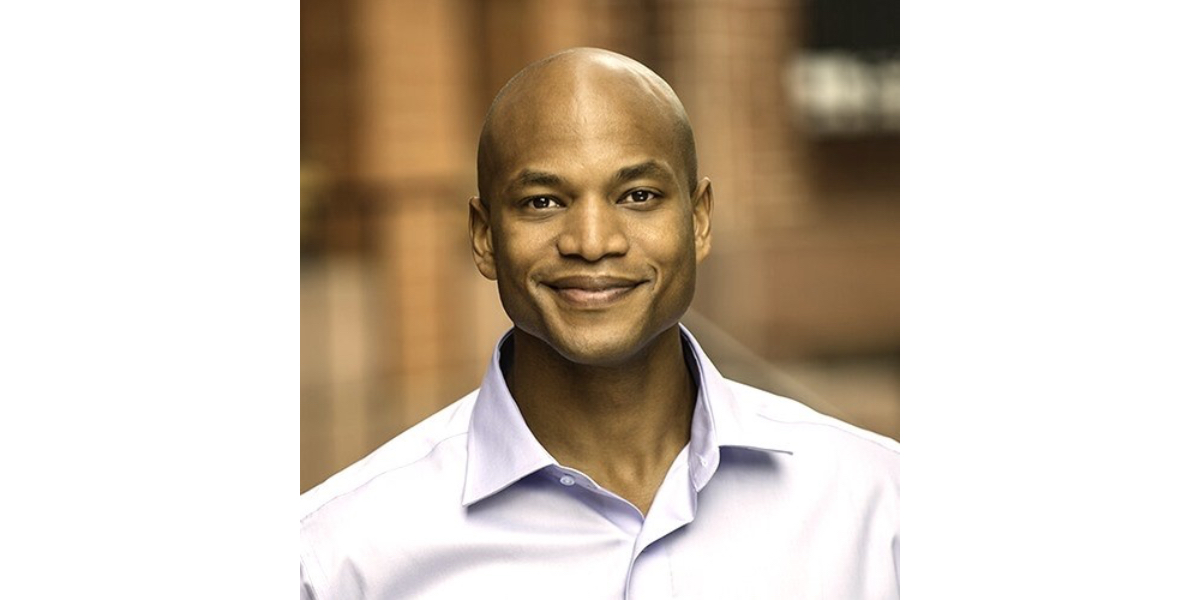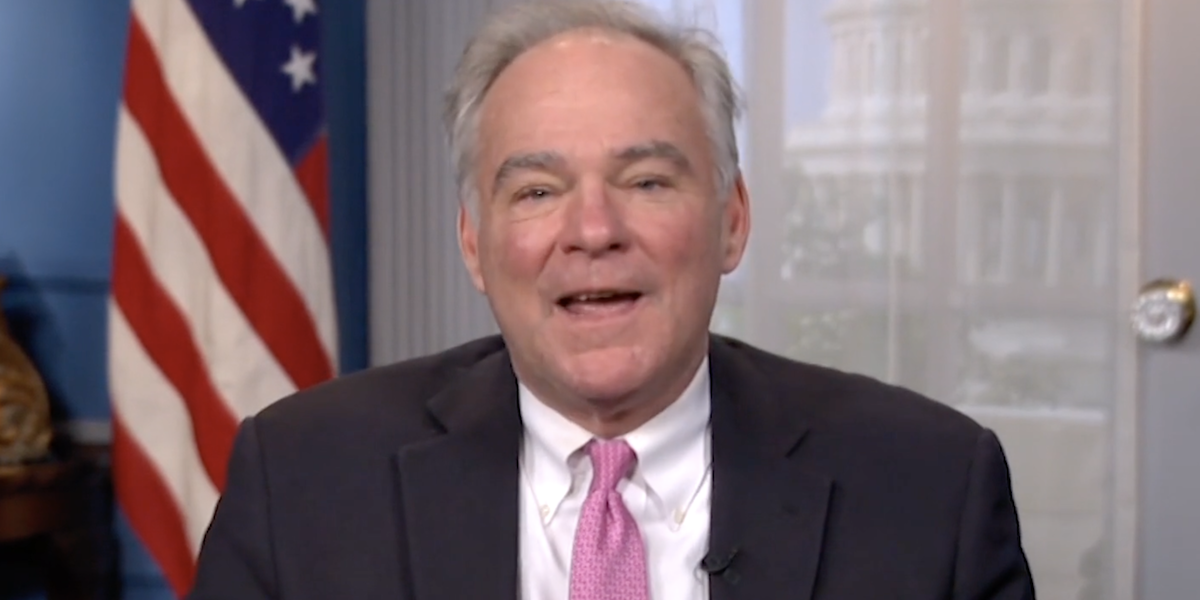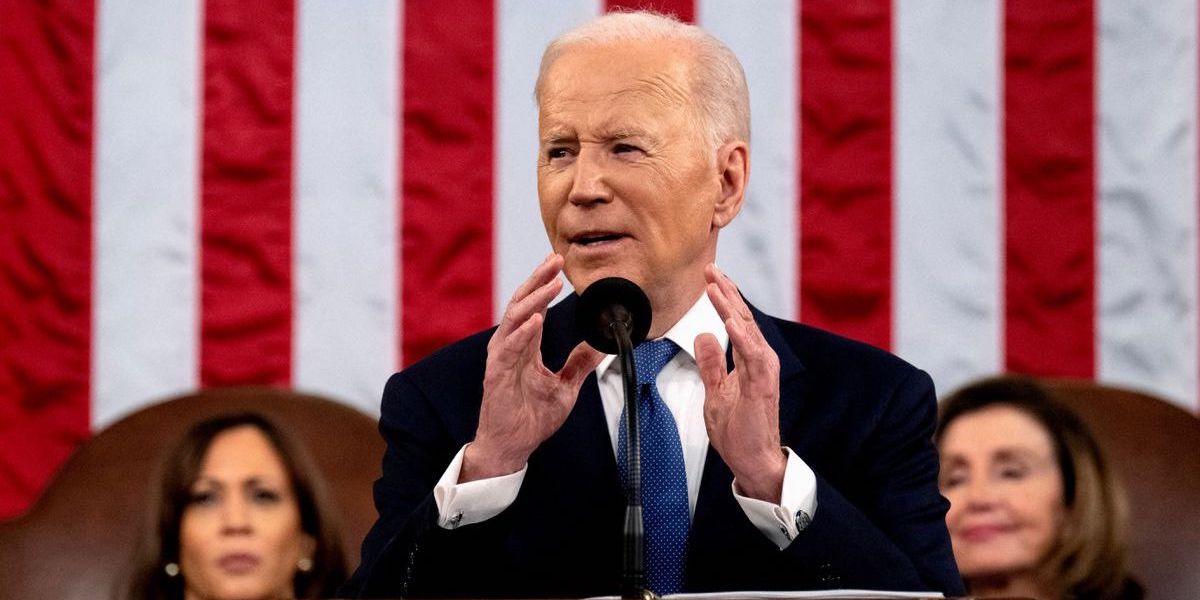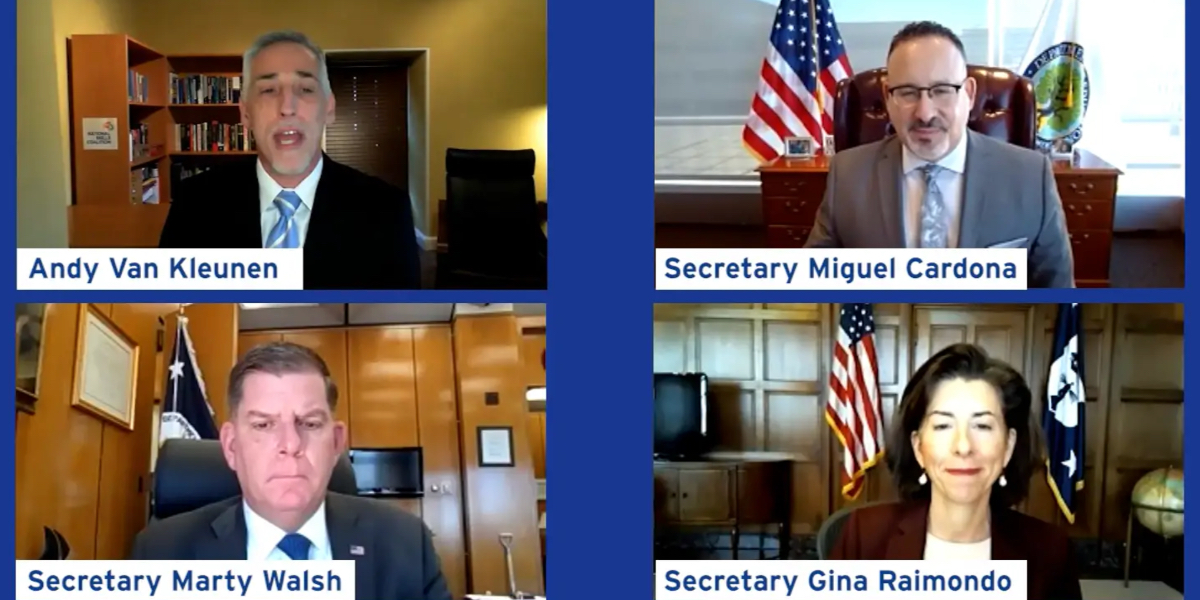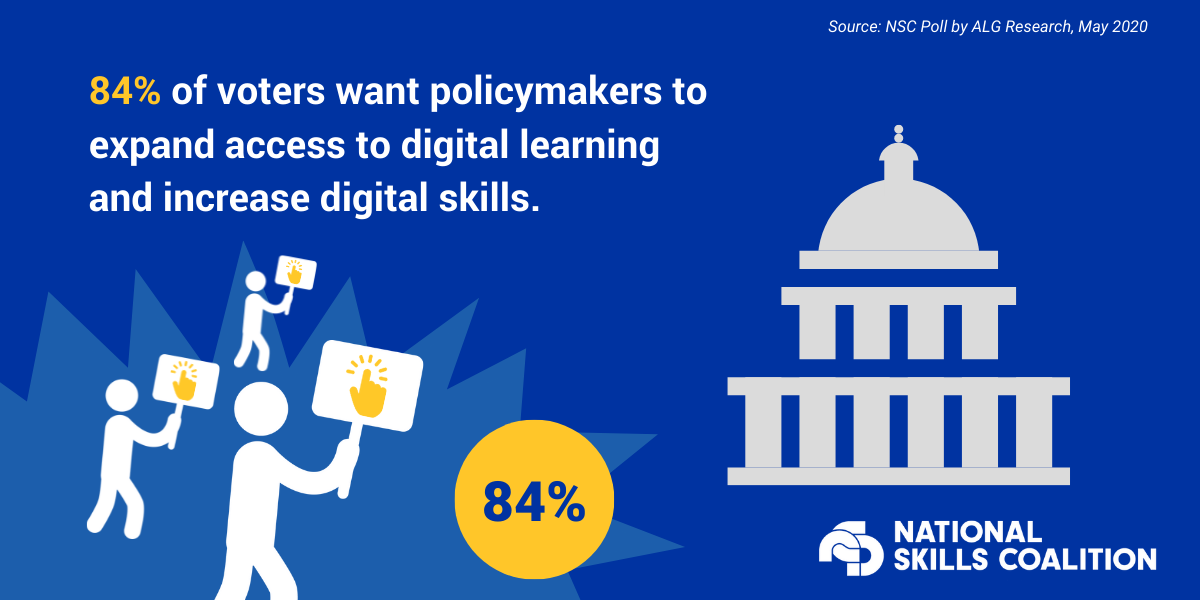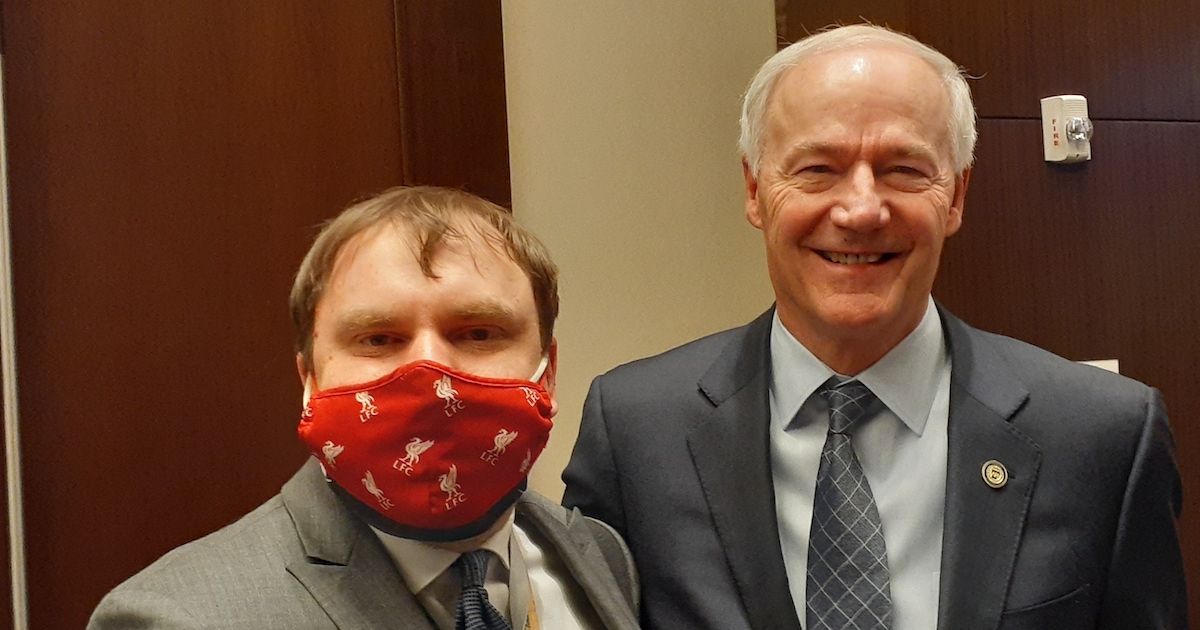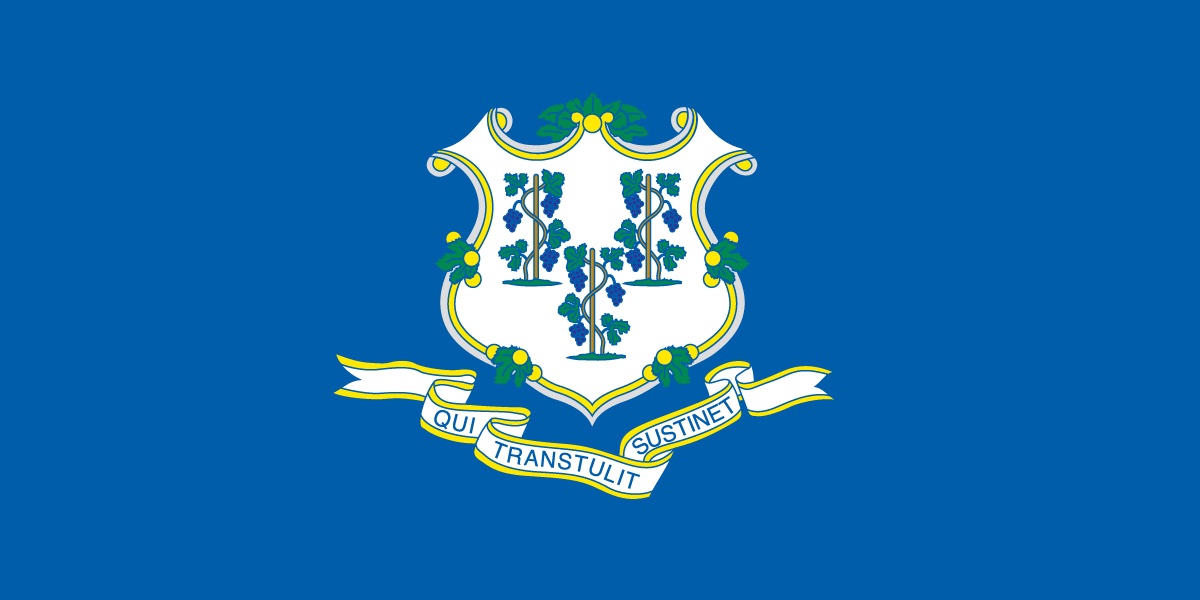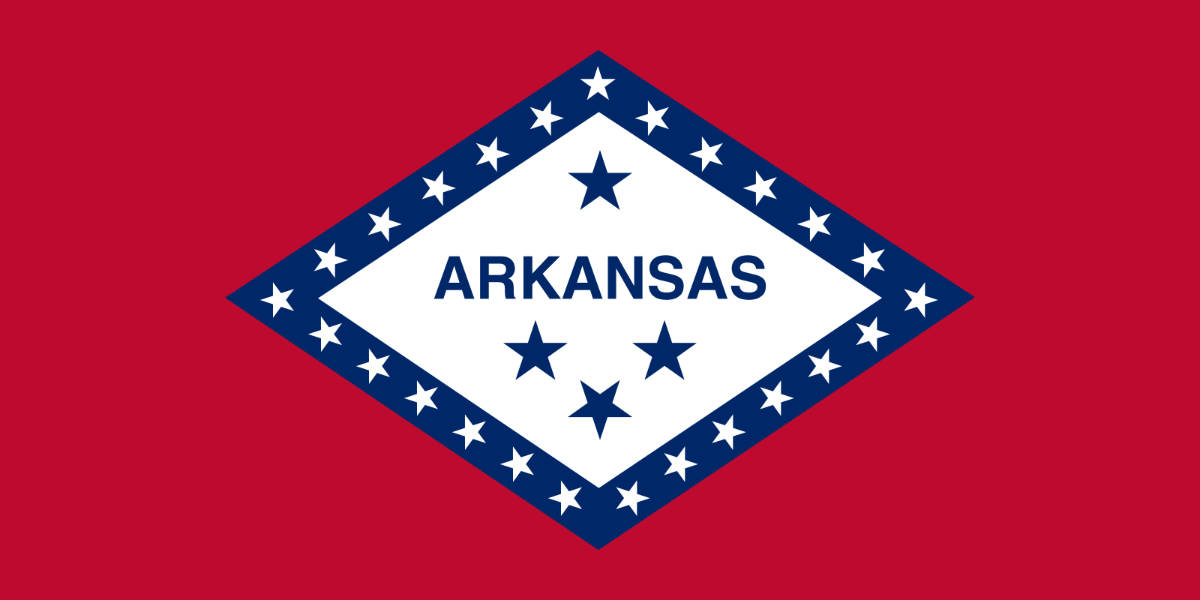Washington, D.C., April 27 – This week, the Centers for Medicare and Medicaid Services (CMS) closed public feedback via a Request for Information (RFI) about key disability topics, benefit system challenges, and economic mobility questions. In response, several national disability advocacy organizations, acting as part of the Consortium for Constituents with Disabilities (CCD), joined forces to develop a thorough set of recommendations to CMS about how to support people with disabilities who want to work.
The Consortium for Constituents with Disabilities (CCD) is the largest coalition of national organizations working together to advocate for federal public policy that ensures the self-determination, independence, empowerment, integration and inclusion of children and adults with disabilities in all aspects of society.
The Association of People Supporting Employment First (APSE), the Institute for Educational Leadership (IEL), Paralyzed Veterans of America (PVA), RespectAbility, and the United Spinal Association, operating under their joint work as the CCD Employment and Training Task Force, collaborated to offer employment-focused policy ideas. Members of the CCD Long-Term Services and Support (LTSS) Task Force offered their own comments with a strong focus on rights, independent living, and continued access to key life-saving benefits.
